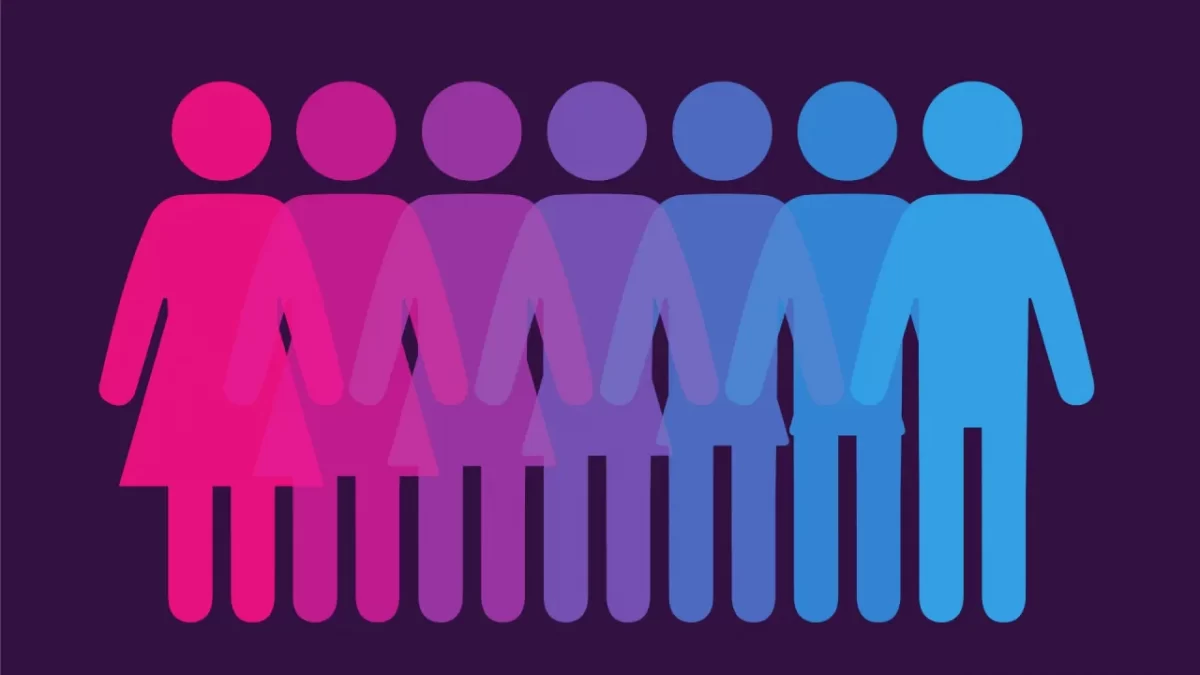If you have a child who is exploring their gender and sexuality, you, as a parent or carer, play a pivotal role in helping them make sense of who they are and how they feel so they can find their own answers. You may feel ill equipped to support your child, but there are a few ways to help you feel adequately informed to support them through this difficult time.
Create a positive, non-judgemental and accepting space
Family acceptance of LGBTQIA+ young people can decrease the risk of suicide, depression, self-harm and substance abuse. When your child is exploring their gender identity, it is a big step for them. They may feel fear and anxiety about their own place in the world, and they may also be worried about your reaction. If they are to explore their feelings in a positive and healthy way, they need you to believe them and to accept them for who they are.
Being open to discussing their feelings in an open and honest way will help them feel accepted and validated. Show your child that you, as a family are accepting of all gender identities and sexual orientations. This could be using the correct pronouns, discussing issues that arise in the media or on TV in a non-judgemental way, or talking openly about non-conforming or non-straight family or friends you may have. This way, your child will also feel confident coming to you to discuss feelings about their own journey and that the family home is a safe and accepting space to talk.
Educate yourself
Educating yourself on all aspects of gender and sexuality will help you feel equipped to discuss your child’s identity confidently. Learn about different identities and sexualities, and the issues that they face so you can support your child and make them feel accepted. Even the language that you use can help a child feel supported and valued, so learn the correct terminology, the right pronouns to use and encourage the whole family to do so. Again, this will help your child feel accepted, valued and make them more likely to discuss their feelings with you.
Go at their pace
Your child needs your support and acceptance. You can’t change their mind, but you can help them find their way through this difficult time.
Go at your child’s pace and be led by them. Don’t force them to commit or make a decision they may regret later on. Be available to listen to them and talk anything through. They may be uncertain about who they are and not want to make any decision just yet. As a parent or carer, you should be respectful, and remember that it is their journey, so don’t impose your need for clarity on them, as they may not be sure yet.

